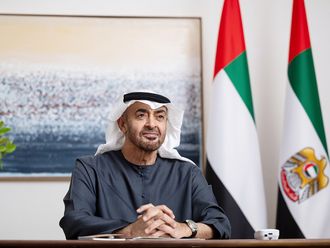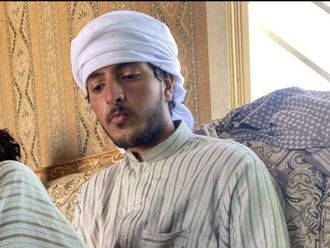
Abu Dhabi: The UAE’s consistent and committed support and aid to countries around the world is proof of the vitality of Shaikh Zayed Bin Sultan Al Nahyan’s legacy, a commitment which has also seen the country establish itself as the world’s largest aid donor for the last three years, said an Emirati professor.
“Shaikh Zayed did not differentiate on race, colour, religion or nationality when he used to give. This was a part of his personality and vision, he had a very pure intention and believed that helping others did not need political reasons,” she added. Obaid highlighted some of Shaikh Zayed’s humanitarian work around the world, including the rebuilding of the Marib Dam in Yemen.
“He helped rebuild the Marib Dam in Yemen, which to this day still benefits its people providing them with water for their agriculture. In places like Egypt and Palestine, he helped build homes and cities as well as provided donations for several programmes that helped local citizens. Around Africa too, he built several schools. His work was never limited to a specific location, he helped both Arab and non-Arab countries,” she said.
Speaking of the global impact of Shaikh Zayed’s work, Obaid said, “Shaikh Zayed was recognised around the world for his humanitarian attitude and not just in the UAE.”
Commenting on how students could also preserve the memory of Shaikh Zayed’s humanitarian work, Obaid said it was all about them becoming active and helpful members in the community.
“At our university, students volunteer with a number of charitable organisations. They do a lot of work through these organisations, getting the chance to travel to different countries and seeing what the situation is like. This includes visiting refugee camps and taking part in the building of schools and nurseries.
“It is important for universities to encourage students to take part in such initiatives — working with other charitable groups, organising university fund-raisers for causes around the world, or setting up clubs through which students can volunteer and play a positive role.”












